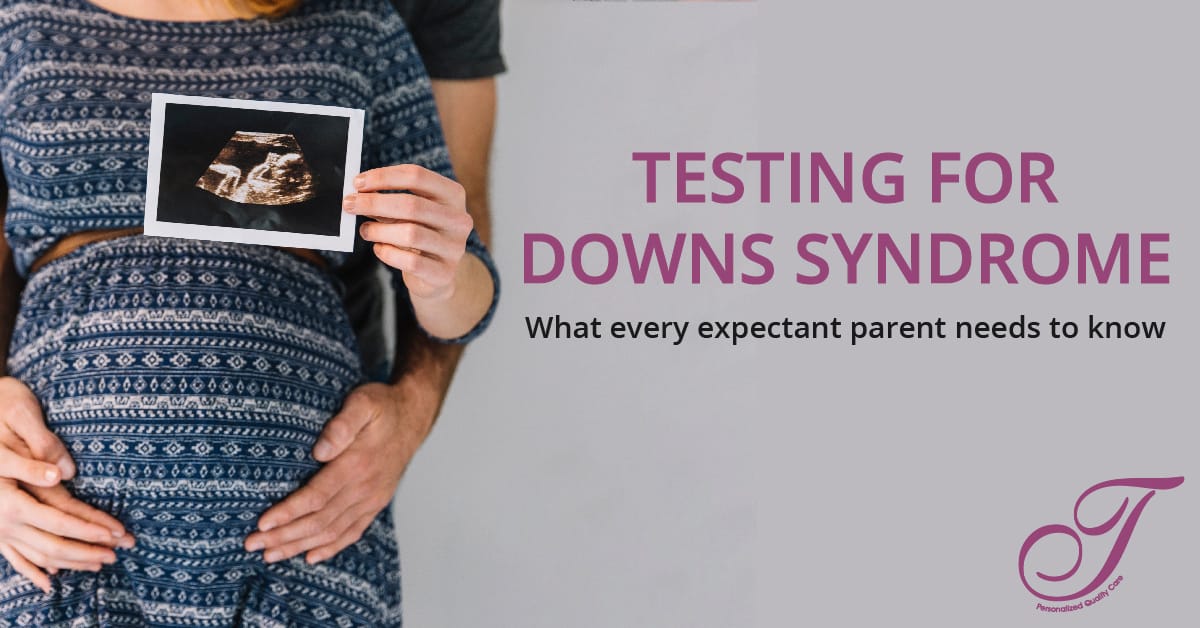
Dr. Uday Thanawala explains the importance of when and why every pregnant women should undergo a Testing for Downs Syndrome during their pregnancy.
Downs syndrome is a chromosomal defect known as trisomic 21 which can occur in babies. Trisomic-21 defect can take place when the various chromosomal changes take place just after the egg and the sperm meet.
Characteristics of a down’s baby
So what is a down baby, you may have sometimes come across babies who are cute looking babies but have a very short nose, chubby cheeks, slightly protruding tongue, slanting eyes. These babies generally have varying degree of mental retardation. In certain babies the mental retardation might be very less and the baby might be pretty smart. However, in some cases a downs baby might be very slow learning. It can be difficult for parents to bring up these babies, as they need a lot of financial and emotional support to help these children come up in life.
The risk of having a downs baby is higher in mothers who are older than 35 years. Nonetheless, downs can still occur in babies, with mothers less than 35 year old. Hence, at Thanawala’s we advices all our expectant mother to undergo a downs screening test.
Preliminary testing for Downs syndrome
- These tests are done in the 1st trimester when the pregnant women comes for a 11-13th week scan. The downs screening test has two components.
A sonography is done to assess the structure & anatomy of the developing foetus. At the same time we also see the nuchal thickness (the thickness of the skin behind the neck). - Blood test to looks for hormonal changes that can suggest there is a problem with the baby’s chromosomes.
This nuchal thickness along with the gestational age & mother’s weight & age combined with the blood test result are entered into a computer program which gives us risk report. if the report suggests a low risk of downs in (i.e 1in 400 or 1 in 500) there is no need for further testing. However, if this report suggests a high risk of downs (i.e. 1 in 100) further testing for downs will be required to assess if the baby in question will have downs or not.
Further testing of Downs syndrome:
To confirm that the baby in question will have downs we now need to do a invasive test like Chorion villus biopsy or Amniocentesis.
- Chorion villus biopsy: For this biopsy a small tissue sample of the placenta is extracted by ultrasound guided very thin needle which is completely harmless to baby.
- Amniocentesis: At times we take a sample of the amniotic fluid and Look for the foetal cells.
Once the sample is extracted we need to culture them to get the exact caryotype of the baby. If the Karyotype is that of a downs baby then we can confirm that the baby will have down’s syndrome.
Generally, parents who do not want a downs baby and would want to terminate their pregnancy if the baby has downs need to go for further testing.
Testing for Downs syndrome in the 4th-5th month of pregnancy
If a couple misses the downs syndrome test in the 1st trimester they can still tests for downs in the 4th-5th month of pregnancy. This testing is done using a triple marker test or a quadruple marker test. These tests are not as effective as the 1st trimester screening. These tests have a accuracy of 65% while the 1st trimester tests have an accuracy of 95% of identifying downs.
Noninvasive prenatal testing (NIPT): NIPT a non-invasive highly sophisticate method with an 99.9% accuracy of identifying downs. Even if NIPT report comes out negative the baby does not have downs and no testing is required. However, if the report comes out to be positive, then we still have to do the invasive tests to prove the baby has downs and only then take a decision to abort the downs baby.
Cost of Downs Syndrome Testing
The cost of the 1st test is between Rs.2500/- to Rs.3000/-.
NIPT: Approx. Rs. 30,000/-
Chorion Villus Biopsy or Amniocentesis: Approx. Rs.30,000/-
Source: https://thanawalamaternity.com/testing-downs-syndrome-every-expectant-parent-needs-know/